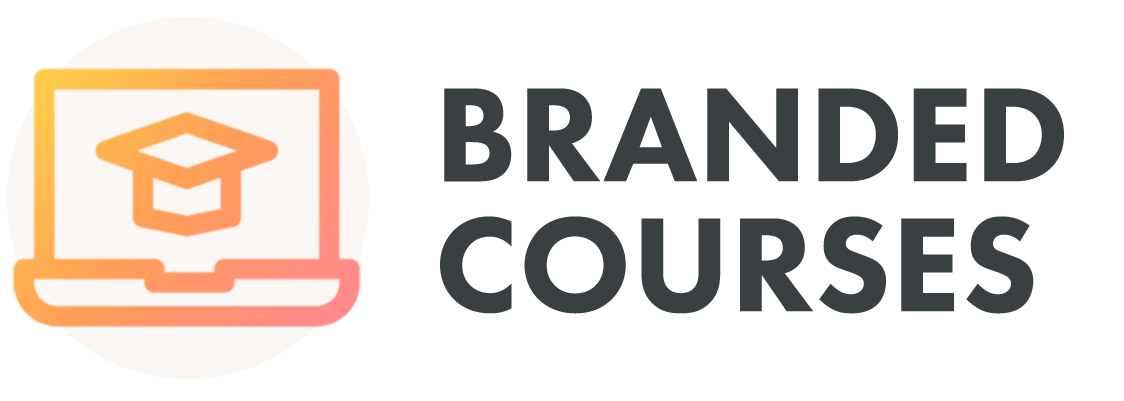Prototyping and piloting your online course is great way of making sure that it is successful in the long run. Piloting is basically a dry test or user run of your course before it is launched. This gives you an opportunity to gather information on the technology, content and the user experience and allows you to fix them before it is fully launched.
A pilot course is delivered to a smaller sample of students to test out how the delivery is given, if there are any glitches or errors in any part of the course whether that be quizzes or links not working etc. Pilots serve as early warning systems for both the technical aspects and the educational aspects. They are beneficial for seeing if the assessments or activities posted are too simple, too complex or unclear and also help to test out if the learning platform is appropriate and if the technology itself facilitates or impedes learning?
Piloting your course doesn’t have to be complicated when you have the right steps and procedures in place.
Questions to ask yourself when designing your pilot:
1. How many people do you want to pilot your new course?
2. What incentive will you use to get people to test the pilot?
3. How will you gather the feedback from the pilot students?
4. What will you ask for in terms of feedback?
5. Promotion Material
6. Course material
7. Delivery
8. Speed
9. Assessments and Activities
10. Learning Experience
11. Technology Experience
12. What were the pilot learners key takeaways and perceived benefits of the course?
13. Are you going to ask the pilot learners for testimonials?
14. How would the pilot learners recommend that you promote the course?
Running a pilot programme will help you figure out how to make the course optimal for the user and get really good feedback on how to promote the course to other people.





